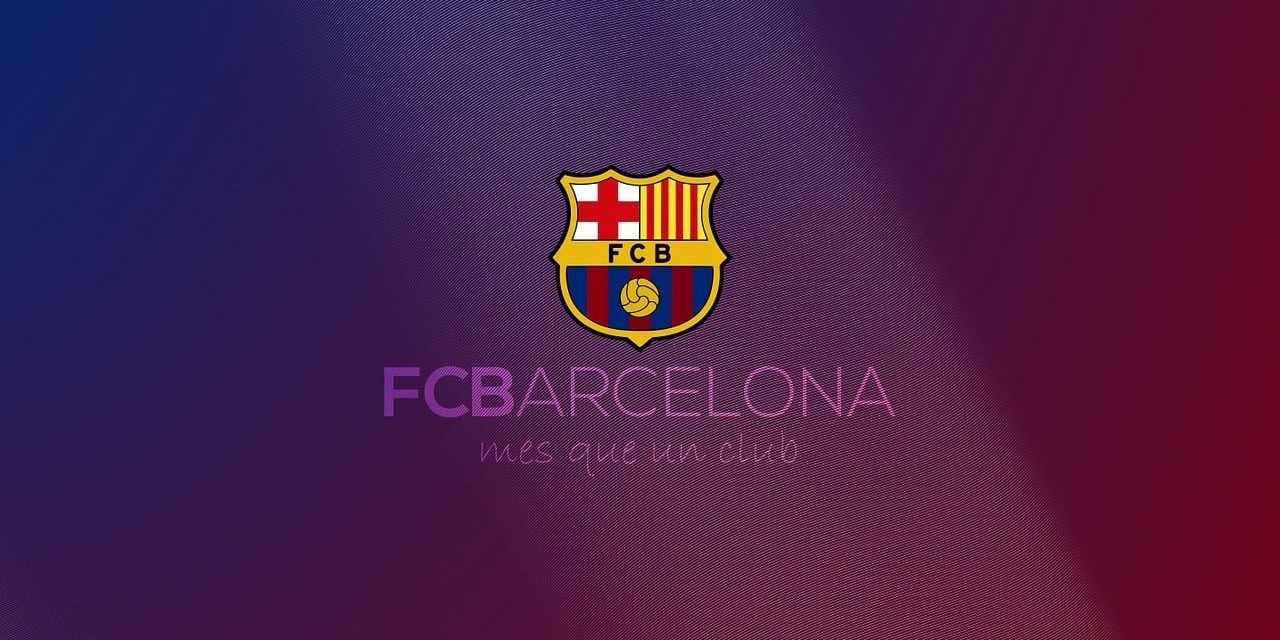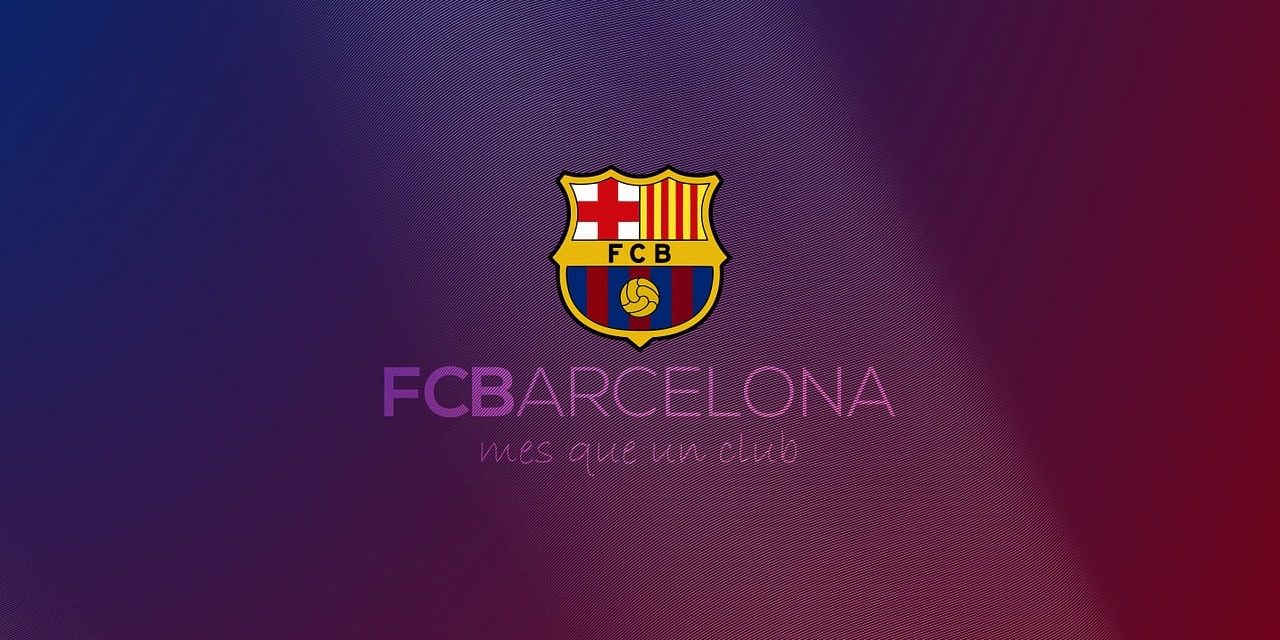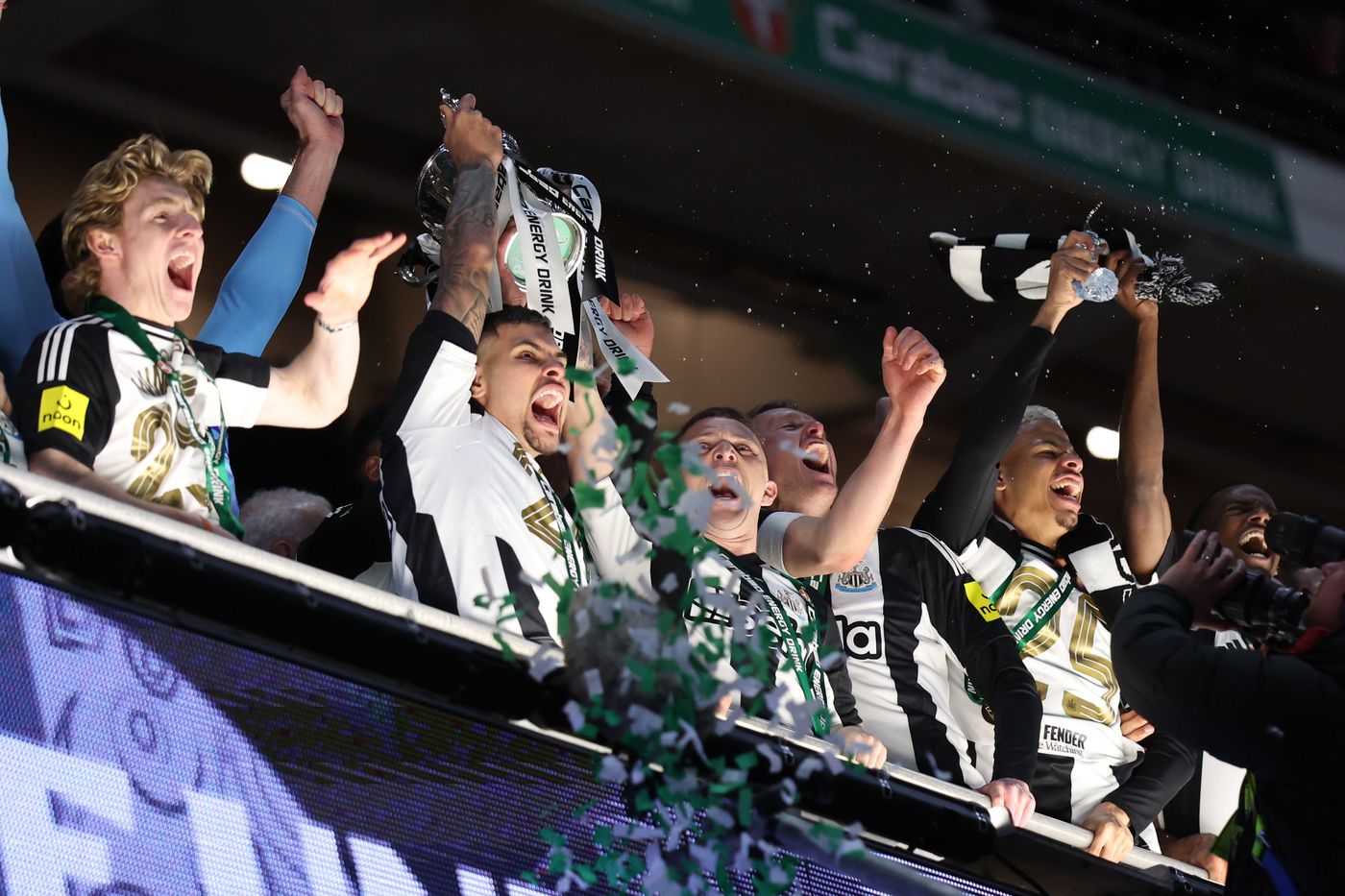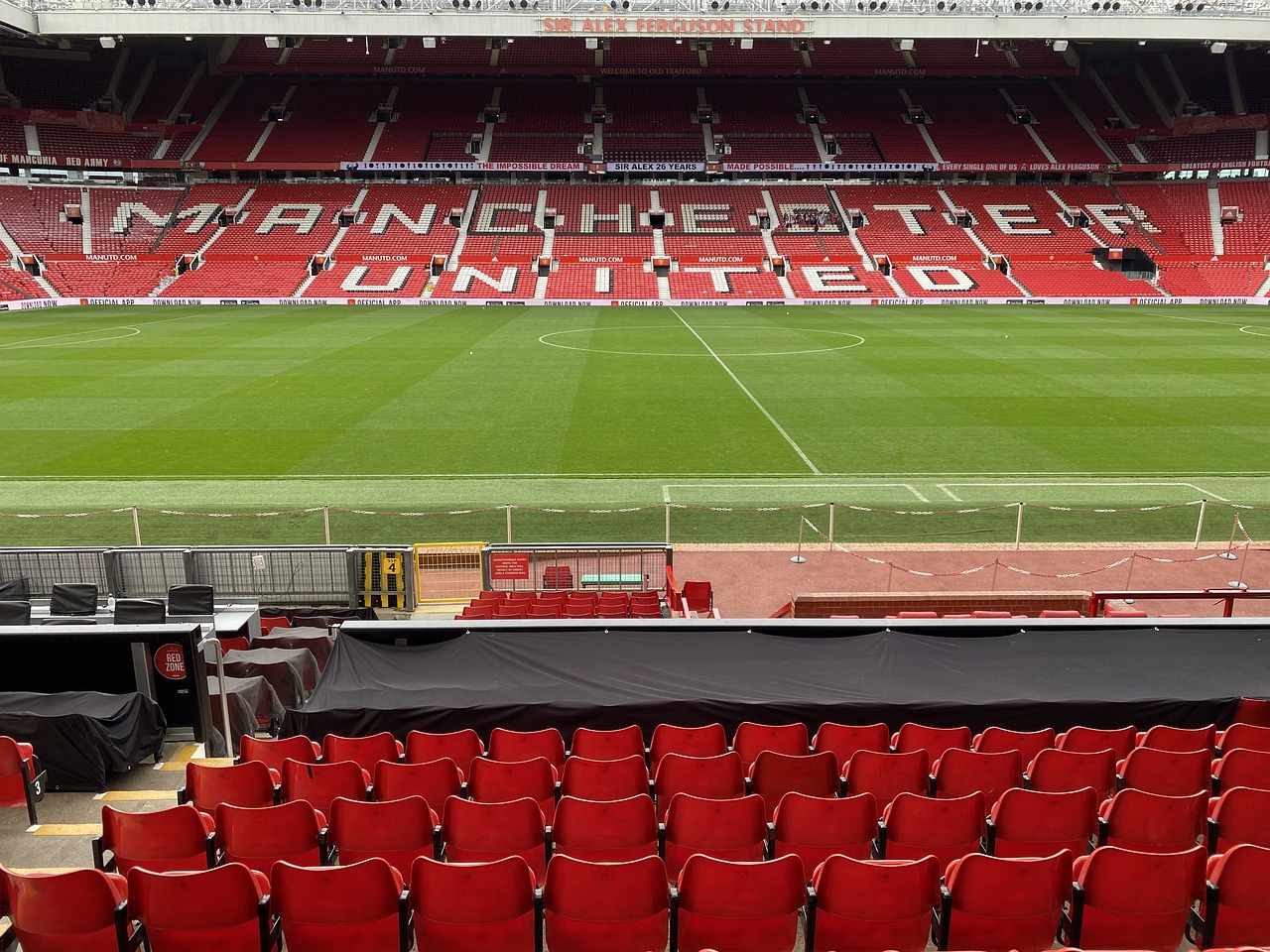What does FC mean in soccer


Table of Contents
You might be wondering what does FC mean in soccer? Well, FC is an acronym for Football Club, and it’s used in the world of soccer. It’s added to the end of a team’s name to show that they’re professional, as opposed to informal or amateur.
This abbreviation has great importance, as it indicates the team’s status and level of play.
FC is a symbol of identity for professional clubs. It helps distinguish teams in various leagues, as well as teams with similar names.
It’s important to note that FC and SC are often used interchangeably, but have different meanings in different regions. Some clubs use ‘FC’, while others prefer ‘SC’ or other variations such as ‘AC’, ‘AS’, etc.
What does FC mean in soccer
FC is widely used in soccer. It started with clubs in the British football league system of the late 19th century. FC was added to names as a way of showing they were official. This spread worldwide, and now almost all professional football clubs have FC in their names.
FC shows a club is professional and plays in formal leagues. It is part of soccer culture and often reflects regional identity. But some famous clubs don’t use FC, e.g. Real Madrid and Barcelona. These clubs were founded before the time of naming conventions.
Types of FC Clubs
To explore the different types of FC clubs, let’s take a closer look at the solution – Types of FC Clubs with Community FC Clubs, University FC Clubs, and Professional FC Clubs as sub-sections. By understanding the distinctive features of each of these club types, you can gain a better understanding of the soccer landscape and the diverse goals and purposes of different FC clubs.
Community FC Clubs
Are you ready to join a Community Football Club? These clubs are formed in certain areas and unite people to play for fun or competition. Volunteers organize meetings, events and games. All skill levels are welcome! Plus, the fees are usually low!
These clubs don’t just provide physical activity and sports. They can also reduce stress and boost self-esteem. So, why not take this unique chance and join your local Community Football Club today!
University FC Clubs
University Football Clubs are a key part of college life for students keen to try sports. They differ in size, skill level, and division. Here are 6 points to keep in mind when looking at university FCs:
- Membership and audition demands
- Division (NCAA, NAIA, etc.)
- Competition schedule and trips
- Team spirit and solidarity
- Facilities and training
- Financing and monetary support
Take notice – some university FCs may be “club” sports instead of varsity programs. This can affect things like money and contests. Just like any college sport, research each possible club carefully and take into account your ambitions and preferences before making a decision.
At professional FC clubs, victory is all that matters – except maybe the salaries, amazing stadiums, and private jets.
Professional FC Clubs
Professional football clubs are those that participate in professional leagues. They get paid for their services and have a better organization when it comes to management, finance, and facilities. These clubs must follow strict regulations to maintain their status. This includes training, financial transparency and playing in league matches. They usually have an affiliation with a national football association. They compete in various leagues based on their rankings and can take part in international tournaments like the UEFA Champions League and FIFA World Cup. Professional clubs have many fans and make lots of money from tickets, merchandise, adverts, and sponsorships.
Amateur teams also play competitive games, but they don’t get paid. They are less organized than professional clubs.
Real Madrid CF is a great example of a successful professional football club. It was established in 1902 and has won many titles over the years. Famous players such as Cristiano Ronaldo (2009-2018) have been part of the team. This has helped Real Madrid gain a huge fan base and strong brand value.
The Role of FC Clubs in Soccer
To understand the role of FC clubs in soccer, the focus is on their impact in developing talent, promoting soccer culture, and creating opportunities for fans. These sub-sections provide solutions that help to highlight the importance of FC clubs for the growth and development of soccer and its community.
Developing Talent
If you’re looking to become a professional soccer player, joining an FC club could be the perfect start! It offers unique opportunities to gain experience in various roles while encouraging your development.
Creating a soccer club is much more than just playing. Those who want to develop young talent know it takes time, dedication, and patience. There are tools to train players, but the most important role is that of the FC club.
FC clubs create an environment for all players to learn, build confidence and improve their performance. Training with strong teams on a regular basis provides aspiring stars the chance to test their skills against higher level opponents. Apart from that, FC clubs foster a strong sense of community and teamwork. Players build social bonds with their teammates, which helps them overcome obstacles and reach goals. Coaches provide guidance and feedback to ensure personal growth.
FC clubs build a culture of development for all involved – from the youth teams up to alumni competitors. This helps young talent become world-class athletes who embody true sportsmanship. The long-term benefits are clear, for amateur and professional organizations alike.
Promoting Soccer Culture
FC Clubs are essential for stirring up a passion for soccer in the community. They provide organized facilities for practice, encouraging fitness, teamwork, and competition – helping to create an all-encompassing ‘Soccer Lifestyle‘.
Moreover, clubs organize events and grassroots leagues. This gives football fanatics a chance to show off their skills and spark an interest in the game. Professional coaches offer programs to increase knowledge and appreciation.
There’s a deeper loyalty – club allegiance. FC clubs not only develop talent, but also build bonds between players and fans. This community connection develops an emotional attachment between those with shared interests, inspiring them to support their team.
For example, FC United was created in Manchester by disgruntled Manchester United fans who felt the team had become too commercialized. This new club was based on values such as fan ownership and anti-racism, which gave fans a sense of patriotism that crossed geographical lines.
FC Clubs create opportunities for fans to cheer, and for their wallets to empty!
Creating Opportunities for Fans
FC Clubs: Unleashing Tons of Opportunities for Soccer Fans!
These clubs provide many chances for soccer lovers to make friends and enjoy the sport. They give a space where fans can get together, watch matches, and take part in varied activities, such as:
- Organizing social events that bring people closer.
- Giving access to match tickets and club jerseys.
- Providing platforms to express themselves through online communities and fan groups.
- Discounting travel packages to away games, so fans can explore new places.
- Creating opportunities for young soccer players to hone their skills through youth programs.
- Giving back to the community with outreach programs that support local charities and social causes.
Moreover, FC clubs offer fans the chance to meet their favorite players at events or tours – helping them build connections with the team they follow, while creating long-lasting memories.
Furthermore, these clubs play an important role in supporting grassroots soccer development by offering clinics and training programs at local schools. By nurturing young talent, FC clubs help ensure the future of soccer by increasing participation from an early age.
A fun fact: According to Forbes, FC Barcelona ($4.76 billion) is the second most valuable football club in the world.
FC Club Management and Operations
To understand how FC clubs are managed and operated, turn your attention to the functioning of the Board and Executive Team, player transfers and recruitment, financial management, and sponsorships. Each of these sub-sections plays an important role in ensuring the success and sustainability of the club.
Functioning of the Board and Executive Team
The Executive Team and Board of FC Club are essential for success. Their functions and duties are as follows:
| Executive Team | Board Members |
| Manage everyday operations. These include marketing, finance, and customer service. | Set and execute long-term goals for the club. |
| Make decisions that affect the club’s development and profit. | Recruit and assess executive staff, such as the CEO or CFO. |
| Coordinate with other departments to ensure communication and workflow. | Connect shareholders, stakeholders, and management teams. |
Also, the executive team represents FC Club by attending events and conventions. Board members use their contacts to help the club form new alliances and acquire investors.
At one board meeting, members disagreed about entering a new market. They chose not to enter due to sustainability worries. It was a wise choice – research showed that this market was not successful in the long run.
Player Transfers and Recruitment
Player Recruitment and Transfers are key to FC Club management. Keeping tabs on talents while meeting existing player needs is essential for success.
- Researching potential players
- Building connections with agents, scouts & contacts for recruitment
- Analyzing performance, character, injuries, behavior before signing
- Adhering to governing body regulations for transfers
- Defining roles between manager, team, board for transfers & recruitment
- Establishing proper communication for players’ feedback & fitness issues.
Creating positive relationships with players who are in-demand by other clubs is necessary. A strategy should be implemented to tackle such cases.
A plan can be developed to create an environment where talented players can excel. Performance indicators tied to incentives can motivate them. Moreover, understanding clubs that don’t poach prospects is important. Adhering to fair-play principles ensures consistency and boosts the club’s reputation, strengthening its brand value.
Financial Management and Sponsorships
Efficiently handling finances and generating sponsorships are essential for managing an FC Club. Make budget plans, forecast revenue, reduce costs, and follow regulations. Pursue sponsors to secure financial stability and expand the reach. Partner with local businesses or corporations to get promotional opportunities. Financial strategy is key for any sports team’s success.
Research sponsors, know target markets/demographics, and match their values. Use social media and community outreach to build relations. Track trends and measure success.
Sponsors provide brand visibility, exclusive ticket access, merchandise promotions, etc. Deals may also generate enough revenue to reinvest in the club.
Famous FC Clubs in Soccer
To discover the world’s most renowned football clubs, the solution is to explore Famous FC Clubs in Soccer with FC Barcelona, Manchester United FC, and Real Madrid CF.
FC Barcelona
This iconic soccer club is based in Barcelona. It has a legacy of over 120 years, making it one of the most famous clubs worldwide. People refer to it as “Blaugrana” or “Barça“. FC Barcelona has won multiple domestic and international titles, thanks to its skilled players like Lionel Messi and Andres Iniesta.
The club is renowned for its “total football” philosophy, which involves intense passing and possession play. On top of that, it’s also a community-oriented club. It offers support to youth teams and started the ‘More Than A Club‘ campaign to promote social change through sport.
If you’re a soccer fan, you must go to Camp Nou Stadium to witness FC Barcelona’s game in person. It’ll be an unforgettable experience full of history and culture.
Manchester United FC
Manchester United, a famous soccer club, was founded in 1878 in Manchester, England. It is known for its impressive history, with 20 Premier League titles and three UEFA Champions League titles. The team plays at Old Trafford, which can hold more than 75 thousand people.
It is nicknamed “The Red Devils.” Their players and managers are some of the best in soccer. Famous figures like Sir Alex Ferguson and current stars like Marcus Rashford have made the team well-known all over the world. The rivalry with Liverpool adds to its legacy.
However, Manchester United has faced difficulties recently. This includes problems in the Premier League and changes in management. Nevertheless, this club is still one of the best in Europe and it’s not slowing down.
The 2019-2020 fiscal year saw a 19% drop in Manchester United’s revenue due to the effects of COVID-19 (per Forbes). Real Madrid’s success in soccer is almost as impressive as their spending on transfers.
Real Madrid CF
Los Blancos, otherwise known as The Whites, have enjoyed a long era of dominance in domestic and international competitions. Boasting an impressive record of 13 Champions League titles, they are one of the most successful clubs ever. Cristiano Ronaldo, Raul Gonzalez Blanco, Zinedine Zidane and Jose Mourinho have all been part of this prestigious team.
Real Madrid CF’s focus on young talent, investing in top players and their attacking style of play excites audiences all over the world. Santiago Bernabeu Stadium sets the perfect scene for their performances.
Off the pitch, Real Madrid CF has an enormous fan base of over 200 million people, which speaks volumes of their commitment to both on and off the field excellence.
Witnessing a live game of Real Madrid CF is an opportunity not to be missed. Catch their next game or you’ll miss out on seeing one of the greatest teams in soccer in action!
Conclusion: Importance of FC Clubs in Soccer
FC football clubs are essential for soccer. They provide players with a platform to show off their skills to scouts. This competitive environment helps to improve the game. Fans, players and the club become closer when an FC team is part of the community.
Young players can get contracts and gain experience through FC clubs. Famous teams like Real Madrid look for talent close by through these clubs.
Soccer fans get more interested in local leagues when FC clubs are involved. This leads to a grassroots movement and national teams made up of FC players.
FC academies help young players be ready to compete at a higher level and represent their country in big competitions.
Liverpool is a great example of this. A young boy, born poor, went to the first game with his mum at six years old. Today he’s an important part of Liverpool’s team. This shows how providing opportunities for young athletes is key for a country’s success.
What does FC mean in soccer – Frequently Asked Questions
Q: What does FC mean in soccer?
A: FC stands for Football Club and is commonly used in soccer to refer to a team.
Q: How is FC different from SC?
A: SC stands for Sports Club and can refer to clubs that participate in a variety of sports, while FC specifically refers to football or soccer clubs.
Q: Why do soccer teams use FC in their name?
A: Using FC in a soccer team’s name is a tradition that started in England in the late 19th century to differentiate football clubs from cricket clubs.
Q: Are all soccer teams required to use FC in their name?
A: No, soccer teams are not required to use FC in their name. It is up to each individual team and their preference.
Q: Is FC used in other sports besides soccer?
A: Rarely, FC is primarily used in soccer, but some rugby teams also use the suffix FC in their name.
Q: Does FC have any significance in how a soccer team plays?
A: No, FC does not have any significance in how a soccer team plays. It is simply a part of the team’s name and branding.










